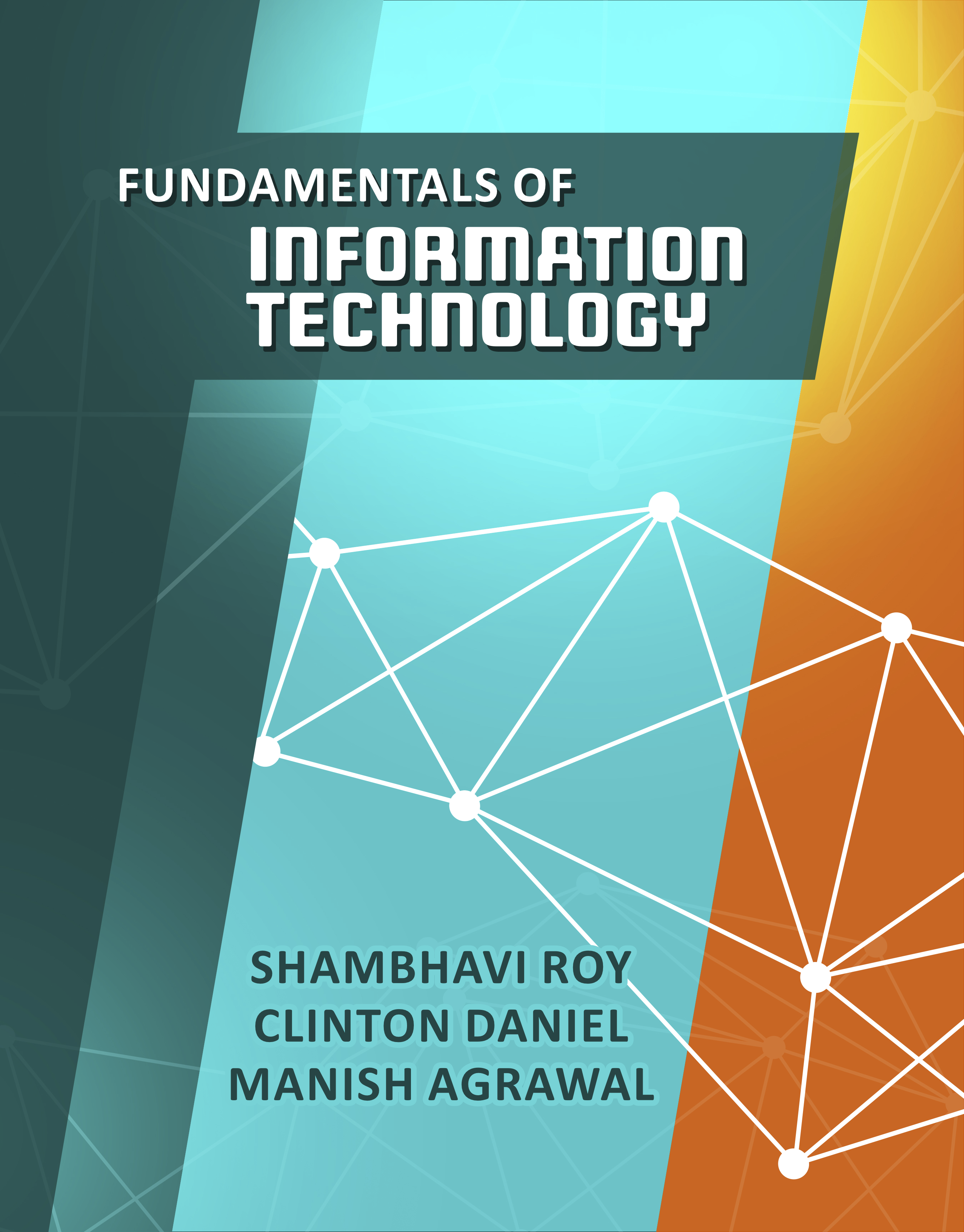Document Type
Book Chapter
Publication Date
1-1-2023
Keywords
digital information technologies, information technology, Ethics
Abstract
Ethics are a community’s shared beliefs about what is good for the individual and for society and the duties that people owe themselves and one another. The word “ethics” traces to the Greek word ήθος (ethos), which describes the guiding ideals of a community. Though some ethical principles may be codified as law, ethics are more commonly enforced by disapproval among members of the community. For example, not breaking a promise to a friend is a common ethical principle. It is not prohibited by the law; however, strong disapprovals ensure that friends do not break promises among each other.
Today, we talk of ethics in most workplaces as the expectations of the membership in the organization or profession. These ethical principles help the organization, profession, and community to flourish and prosper. Much like the consequences of breaking promises among friends, failure to abide by these ethical principles can lead to dismissal from the organization or profession, even if the specific conduct does not violate the law. Ethics are a strong force that help communities prosper.
Ethics have evolved with time. One of the oldest and most influential texts in western thought is Aristotle’s, Nicomachean Ethics. In the book, Aristotle (384–322 BC) aims to search for the highest good in life. He begins by asserting that the highest good in life has three characteristics: (1) it is desirable for itself, (2) it is not desirable for the sake of some other good, and (3) all other goods are desirable for its sake. He then identifies εύδαιμονία (eudaimonia), translated as happiness/living well, as this highest good. These ideas have guided society since our earliest days, and ethics may be seen as our quest to use our own reasoning to act in ways that maximize happiness over a lifetime.
With regard to modern times, our use of networked computers has introduced several unique ethical concerns. Several common practices from earlier times raise ethical concerns when powerful computers and high-speed networks become available to everybody. Most of these contemporary ethical concerns are associated with the use of information, and we will highlight some of the most salient concerns in this chapter. As an example of how computers make a long-standing practice an ethical concern, consider music sharing. Artists spend long hours creating a song and invest considerable money packaging it into an album. In olden days when people listened to music on cassette tapes, it helped everybody if music-lovers made copies of songs they had purchased. For example, to create a collection of songs to listen to on the road. It was even considered acceptable for users to make copies of these personal collections for friends, because eventually many of those friends would buy their own copies of the original albums for their superior audio quality. These copies, therefore, served a marketing purpose for the artists, and everyone benefited. This was even codified as the Fair Use Act, which we will discuss later in this chapter.
However, with computers, it is now easy to make flawless copies of original music and distribute it widely to the entire world at no cost. This reduces revenues for artists, which reduces their incentives to create new music, which hurts everybody. There is, therefore, a need to develop appropriate ethical principles for music distribution in the digital era, which provide financial incentives for the artists as well as listening freedoms to consumers for the music they have purchased. Most ethical concerns with computers and networks can be traced to this general idea.
Digital Object Identifier (DOI)
https://doi.org/10.5038/JSUA6079
Scholar Commons Citation
Roy, Shambhavi; Daniel, Clinton; and Agrawal, Manish, "Chapter 17 Ethical Issues in Information Technology" (2023). FUNDAMENTALS OF INFORMATION TECHNOLOGY: Textbook – English. 16.
https://digitalcommons.usf.edu/dit_tb_eng/16
Was this content written or created while at USF?
Yes


